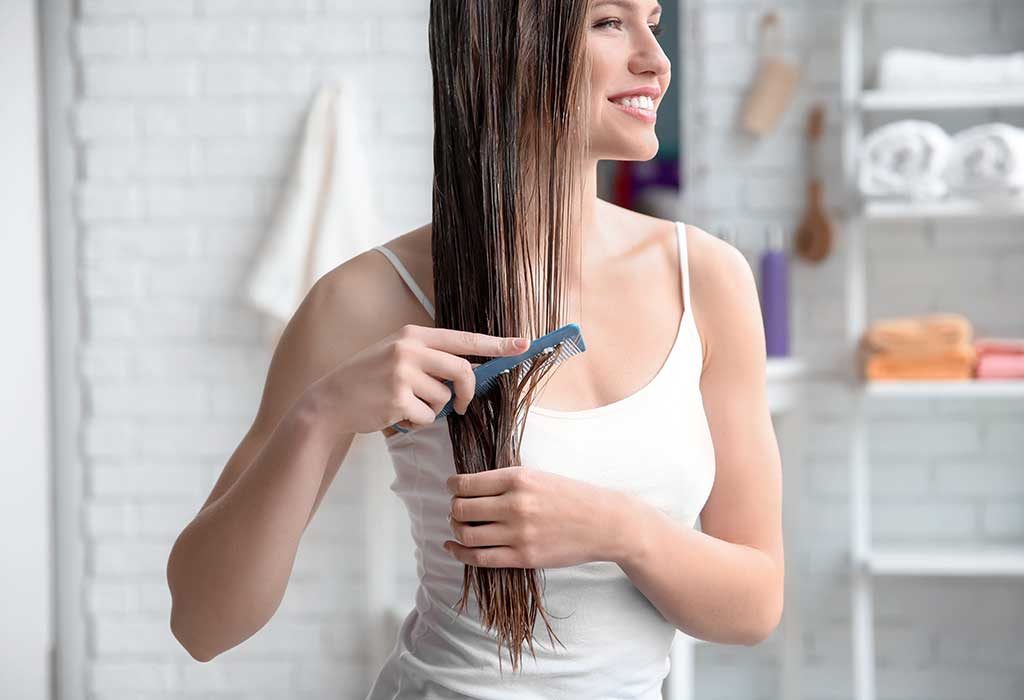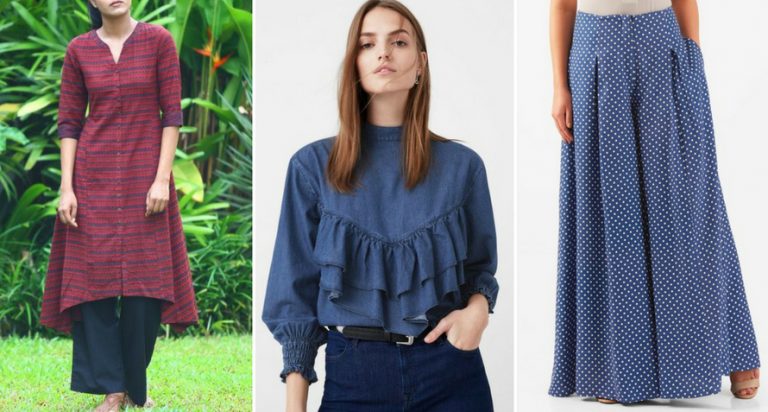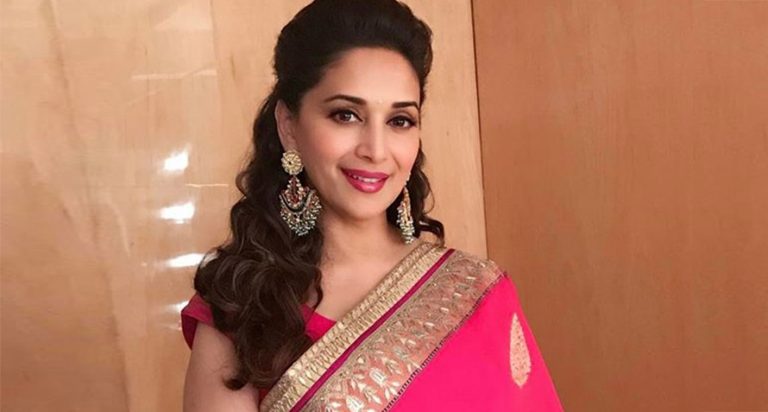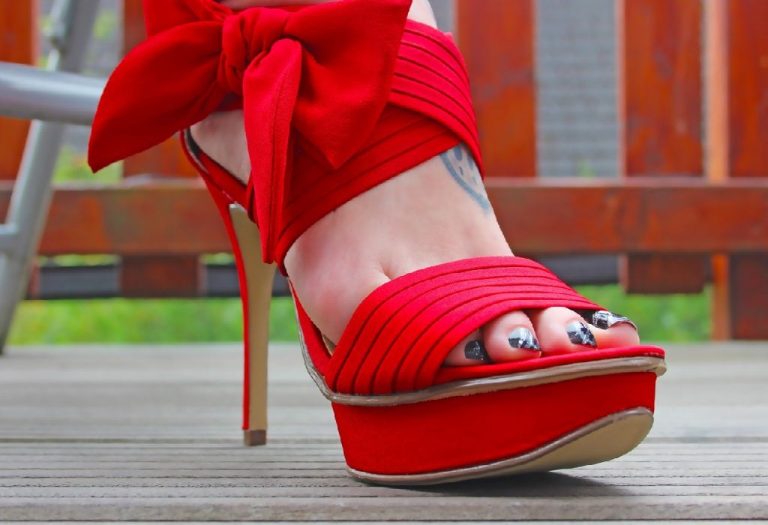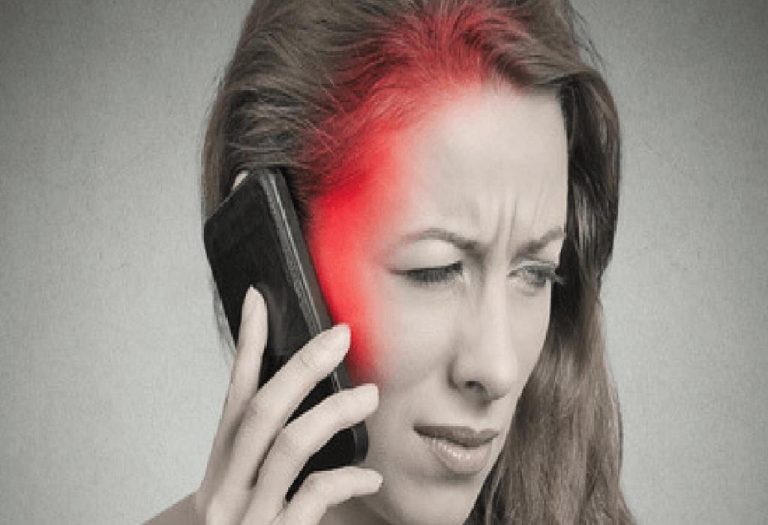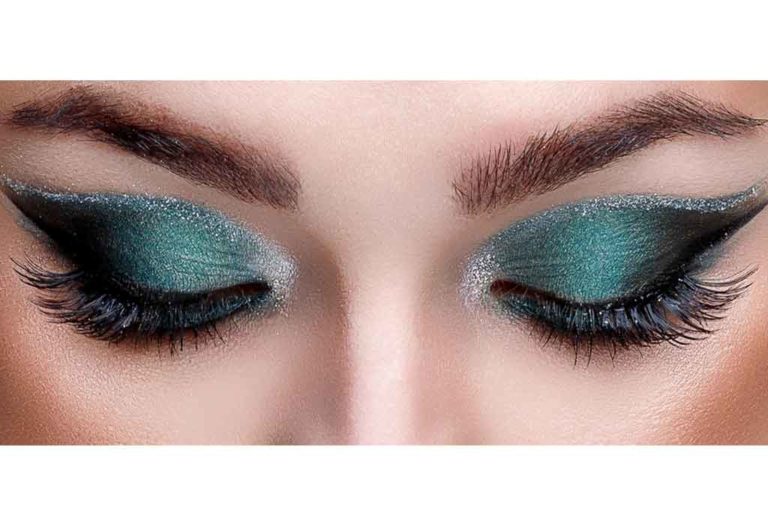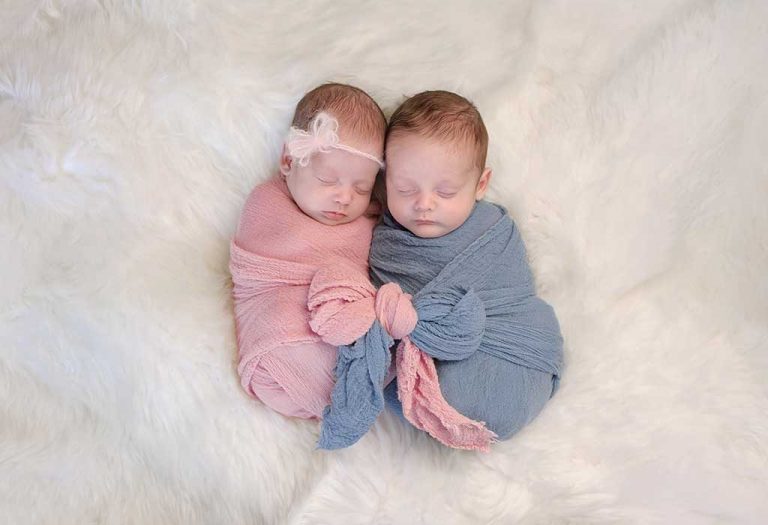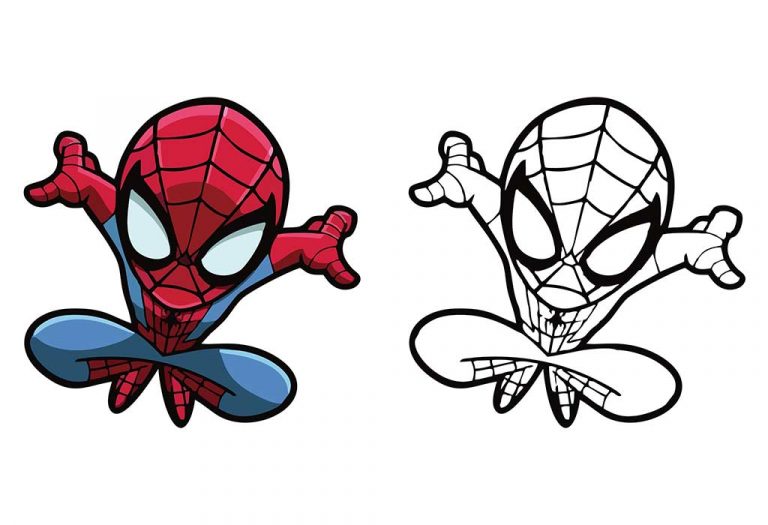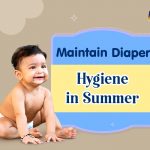Essential Vitamins That Will Make Your Hair Grow Faster
Having long, beautiful, and shiny hair is what all women dream of. It’s hard to look our best if our hair is in bad shape. Similar to your other body parts, your hair also needs essential nutrients to grow and to be healthy. If your goal is to grow your hair and keep your scalp healthy, then read on.
Which Vitamins Are Good for Your Hair?
There is no one-size-fits-all answer when it comes to hair growth in individuals. Your hair reflects the state of your health and immunity. But there is one thing we can agree on – hair growth depends on a steady supply of the right nutrients in appropriate proportions. There are a few vitamins that can make your hair healthy and strong. Find out which are these.
1. Vitamin A
Your body needs Vitamin A, so do your hair follicles.
How It Helps
Vitamin A leads to increased cell growth which directly influences your hair growth. It leads to the production of sebum which is known to moisturize and keep your hair healthy. If your body lacks Vitamin A, you’ll notice an increase in hair fall, while an overdose of this will also result in the same. The key to healthy hair is finding a balance with regards to its intake.
Dietary Source
To meet your body’s requirements of Vitamin A, you should eat carrots, spinach, kale, and animal products like eggs, milk, and yoghurt. Cod liver oil is also a good source of Vitamin A.
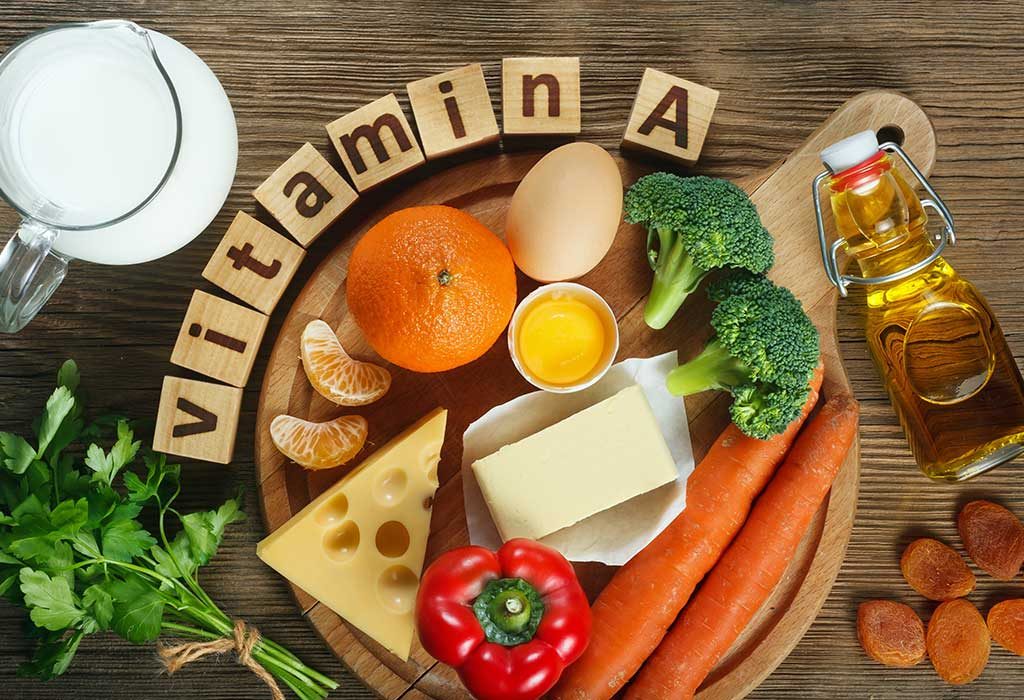
2. Niacin
Niacin is a water-soluble vitamin that is popularly referred to as Vitamin B3. It is one of the essential vitamins that can make your hair thick.
How It Helps
Niacin provides oxygen to your hair follicles. It opens up the blood vessels on your scalp and stimulates hair follicle growth. A diet lacking in this vitamin can result in weight gain and thinning of hair. This nutrient also turns carbs into energy and boosts blood circulation to the scalp. Thus this vitamin will help in weight loss and hair growth.
Dietary Source
Good dietary sources of niacin include mushrooms, beef, shellfish, nuts, sunflower seeds, beets, and dairy products.
3. Biotin
Biotin is a member of the B Vitamins family and is water-soluble. It is also referred as Vitamin H and is one of the hair growth vitamins that work fast.
How It Helps
Biotin deficiency can lead to thinning of hair as well as hair fall. Although biotin deficiency is rare, it may happen. The protein called keratin makes up the structure of our hair. Biotin enhances the keratin infrastructure of our body. Thus, it helps in hair growth and reducing hair fall.
Dietary Source
Getting biotin is easy if you’re consuming a well-rounded diet. Good dietary sources of this key nutrient include organ meats, salmon, dairy products, avocados, sweet potatoes, and cauliflower.
4. Vitamin B12
Vitamin B12 is one of the rare vitamins for preventing hair loss and is obtained exclusively from animal products.
How It Helps
Vitamin B12 is responsible for red blood cell formation in the body and carries oxygen to the scalp and brain regions. Besides the cognitive benefits like improved mood and memory, a deficiency in this nutrient has shown to result in hair loss. An important factor to remember is that since this is a water-soluble vitamin, you need it daily. If you take supplements, its absorption depends on an individual’s health. For example, out of a 500mcg Vitamin B-12 tablet, only 10mcg is absorbed and used by the body. This is why you have to obtain it from foods more instead of supplements.
Dietary Source
Plant-based foods aren’t a good source of Vitamin B 12, with the only exception being yeast. You can obtain B-12 from animal products like organ meats, tuna, low-fat yoghurt, and fortified breakfast cereals.
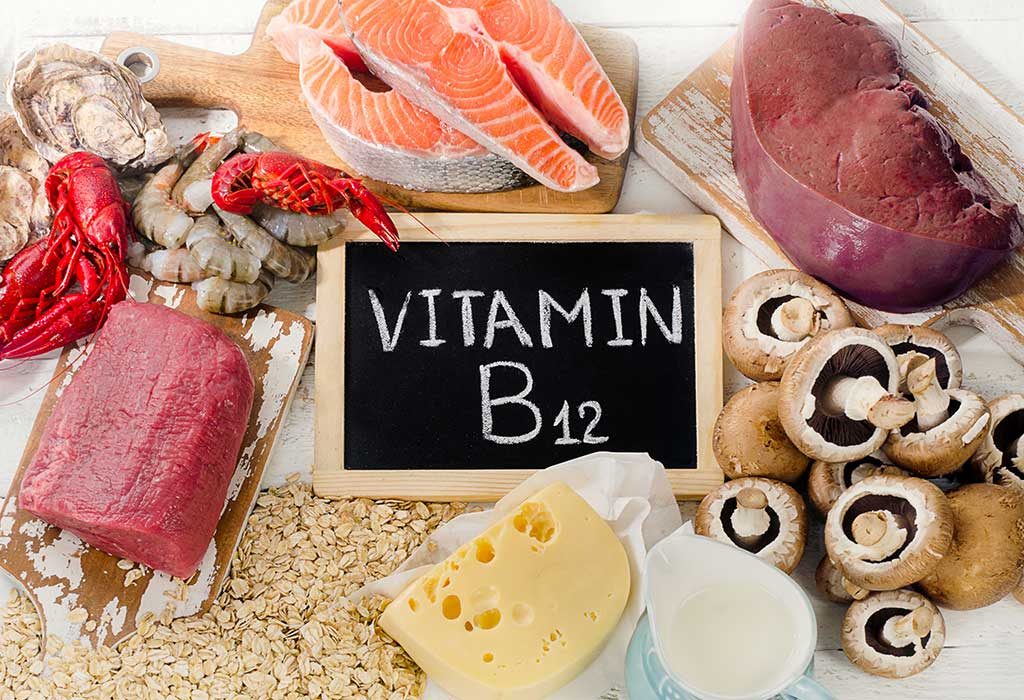
5. Vitamin C
Vitamin C is responsible for collagen production in the body, a mineral that is key to healthy hair growth.
How It Helps
The deficiency of Vitamin C in your body can lead to drying and splitting of hair. This, in turn, leads to hair loss, thus being not directly responsible. Vitamin C also supplies antioxidants which fight against free radicals in the body and protect your hair follicles.
Dietary Source
Good dietary sources of Vitamin C include kiwis, oranges, pineapples, winter squashes, and citrus fruits. Your diet should include at least five to nine servings of fruits and vegetables daily to meet your required intake.
6. Vitamin D
Vitamin D is known as the sunshine vitamin and is necessary for healthy hair, skin, and bones.
How It Helps
Vitamin D doesn’t directly influence the hair growth but it does wake up any dormant hair follicles in the scalp. Sometimes hair may grow and may not. But the good news is that you will notice a decrease in hair loss when you start eating Vitamin-D rich foods.
Dietary Source
Good dietary sources of Vitamin D include fish like salmon and swordfish, mushrooms, ragi, fortified orange juice, fortified milk, and grains. Exposing your skin to the sun is the direct way of acquiring it but be sure to use sunscreen to protect yourself from the UV rays.
7. Vitamin E
Vitamin E can give shine to your hair and prevent frizzy hair.
How It Helps
Vitamin E has antioxidant properties which are known to protect your hair follicles against free radical damage. One of the key vitamins for preventing hair loss, it has been shown to add shine to your hair and provide an extra layer of protection against the harmful UV rays.
Dietary Source
Vitamin E is found abundantly in foods like green leafy vegetables, nuts and seeds, vegetable oils, and fortified breakfast cereals. Our favourite sources include roasted almonds, steamed spinach, wheat germ oil, and peanut butter.
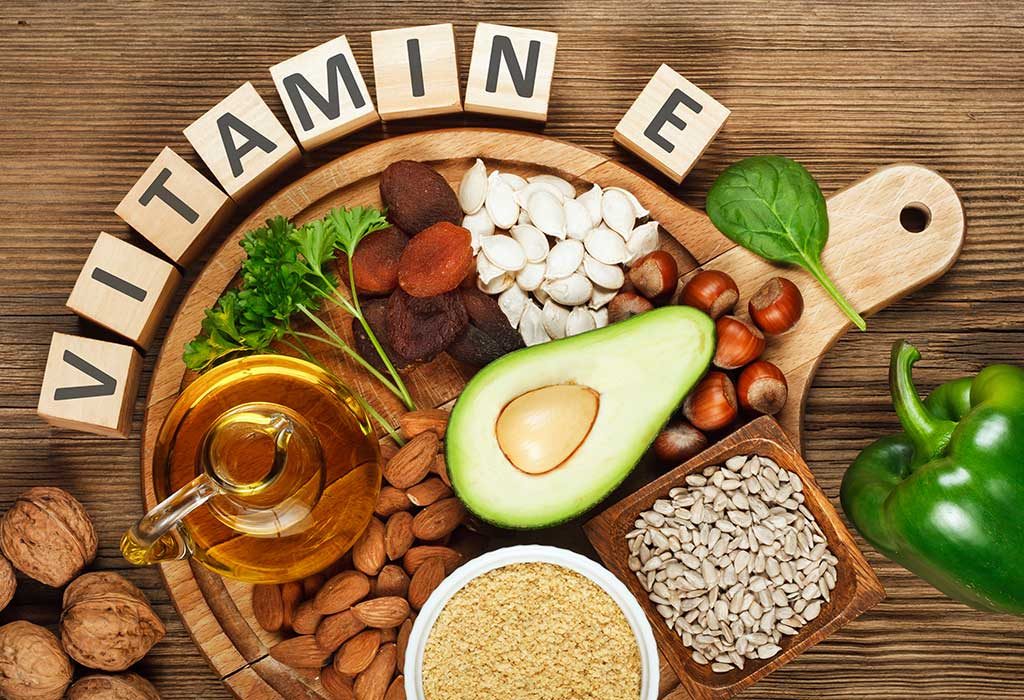
8. Prenatal Vitamins
Prenatal vitamins include a blend of essential nutrients like iron, folic acid, Omega-3 fatty acids, and biotin – all of which are crucial for healthy hair, nails, and skin.
How It Helps
Women who are of child-bearing age are recommended to start taking prenatal vitamins. Doctors usually give these prenatal hair growth vitamins while pregnant. If you want strong, shiny, and long-lasting hair, start taking prenatal vitamins.
Dietary Source
Since prenatal vitamins are marketed as supplements, most women take these in the form of pills or capsules. If you want these vitamins from natural sources, consume a well-balanced and varied diet that includes sources like fish, liver, organ meats, fresh fruits and vegetables, grains, and nuts and seeds.
FAQs
When it comes to achieving strong and healthy hair, there are some additional things you need to know. Here are some commonly asked questions by our readers.
1. Are External Supplements Safe for Hair?
Yes. Most external supplements for hair are safe when taken along with a healthy and balanced diet. However, just taking supplements and eating the wrong foods won’t help you.
2. Which Other Nutrients Foster Hair Growth?
Some of the other nutrients which foster hair growth are:
- B-complex vitamins
You can get B-complex vitamins from foods like barley grass powder, wheatgrass powder, whole-grains, and dark leafy vegetables.
- Zinc
You can get meet your body’s requirements of zinc by eating plant-based foods. You should include nuts and seeds like almonds and walnuts, fruits like avocados and bananas, and legumes such as mung beans and other lentils in your diet.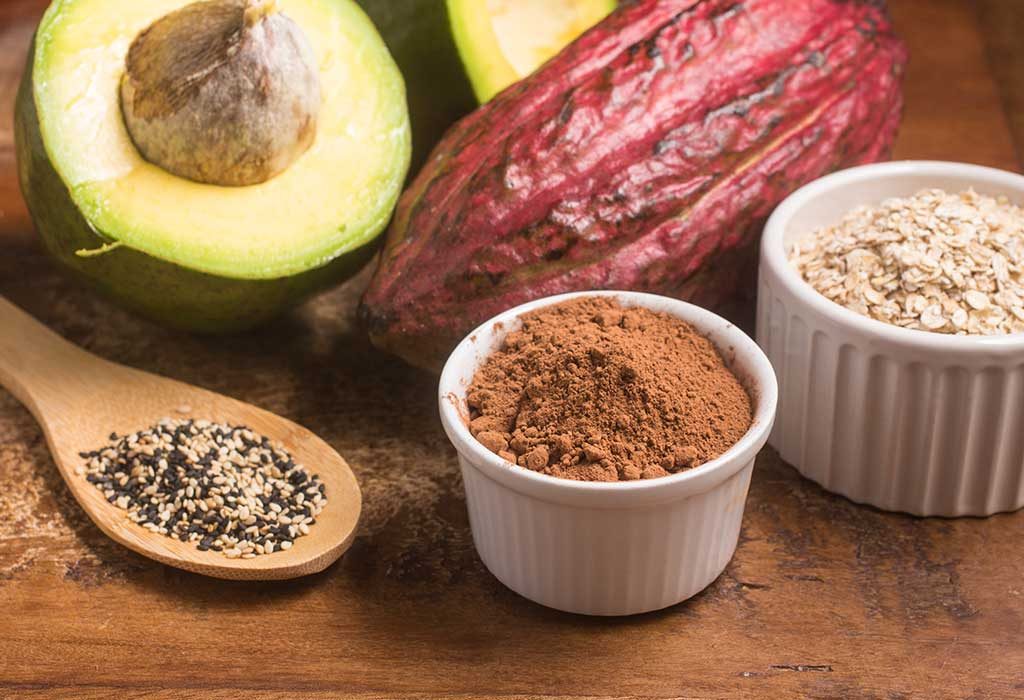
- Selenium
Brown rice and Brazil nuts are the best sources of selenium. However, you can also acquire this from animal meats like turkey, beef, and shellfish.
- Iron
An iron deficiency not only leads to anaemia but hair loss too. Just add a couple raisins and dried fruits like dates to your diet to get enough. Animal meats are a good source of iron such as beef and chicken.
- Protein
Pea protein powder, whey protein, and other protein powders are available for those who train hard and want to supplement. You can get your overall protein by eating a balanced and varied diet every day. Increase the egg yolks and meats and you won’t have to worry.
Today, you can obtain vitamins for hair growth through supplements too, but it recommended that you obtain it from natural sources. Eat the right foods to meet your recommended daily allowance (RDA).
Also Read:
Homemade Hair Oils to Use for Strong and Beautiful Hair
Foods to Eat for Getting Smooth and Silky Hair
Do and Dont’s for Daily Hair Care


